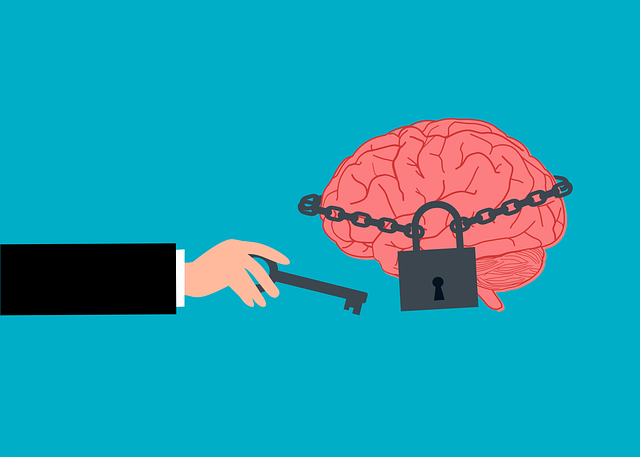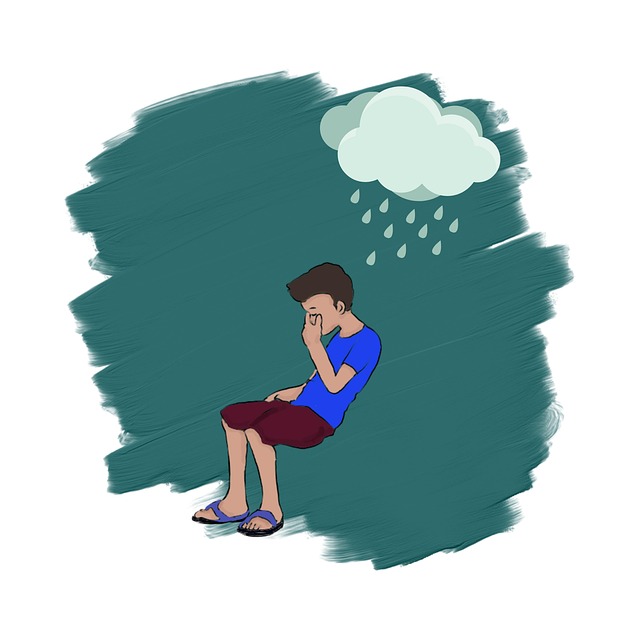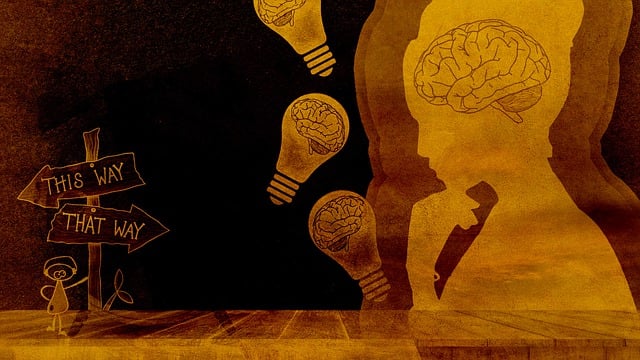In a world prioritizing mental wellness across diverse demographics, global discourse has evolved from stigma to support, with initiatives like Mental Health Policy Analysis and Advocacy driving change. Stress management and emotional regulation are key to holistic living. Mental wellness apps, including those addressing Aurora cancer issues therapy, democratize access to care by fostering community engagement, enhancing treatment adherence, and empowering users in their mental health journeys. Effective apps should offer personalized CBT and mindfulness sessions, simple interfaces, interactive features, community outreach, and risk assessment tools, while prioritizing user safety, privacy, and ethical considerations to contribute to comprehensive mental health policy.
In today’s fast-paced world, mental wellness is more crucial than ever. Technology plays a pivotal role in addressing growing concerns, as evidenced by the rise of therapeutic apps like Aurora Cancer Issues Therapy. This article explores the development of such applications, focusing on understanding contemporary mental health challenges, the benefits of digital therapy, and key design considerations for success. We also delve into critical privacy and ethical aspects, ensuring user safety in a rapidly evolving digital wellness landscape.
- Understanding Mental Health and Wellness in Today's World
- The Role of Technology: Exploring Aurora Cancer Issues Therapy Apps
- Key Features and Design Considerations for a Successful App
- Privacy, Ethical Concerns, and Ensuring User Safety in Digital Therapy
Understanding Mental Health and Wellness in Today's World

In today’s fast-paced world, mental wellness has emerged as a paramount concern, transcending age, culture, and socio-economic boundaries. The global discourse on mental health has evolved significantly, shifting from stigma to support, thanks in part to efforts like Mental Health Policy Analysis and Advocacy. This change reflects a growing awareness of the intricate interplay between our minds and overall well-being. Stress Management and Emotional Regulation are now recognized as vital components of a holistic lifestyle, crucial for navigating life’s challenges and promoting mental resilience.
The impact of mental health issues is profound, from affecting personal relationships to hindering professional growth. Even conditions like Aurora cancer issues can trigger or exacerbate therapy needs. Therefore, developing innovative solutions such as mental wellness apps is not just timely but essential. These applications have the potential to democratize access to mental health services, ensuring that support is readily available and tailored to individual needs, thereby fostering better emotional well-being on a global scale.
The Role of Technology: Exploring Aurora Cancer Issues Therapy Apps

Technology plays a pivotal role in transforming mental health care and support, especially when it comes to addressing complex issues like cancer. Aurora Cancer Issues Therapy apps are revolutionizing patient engagement and treatment adherence. These digital tools offer personalized support networks, enabling patients to connect with peers facing similar challenges. Through community outreach program implementations, such apps foster a sense of belonging and provide a safe space for sharing experiences and coping strategies.
The integration of technology in cancer care extends beyond connection; it enhances self-care practices and resilience building. App features like tailored meditation sessions, mood tracking, and educational resources empower individuals to actively participate in their mental wellness journeys. By combining digital innovation with compassionate support, Aurora Cancer Issues Therapy apps are redefining patient outcomes and promoting holistic healing.
Key Features and Design Considerations for a Successful App

A successful mental wellness app should be designed with a deep understanding of users’ needs and challenges in mind. Key features should include personalized therapy sessions tailored to individual struggles, such as those related to Aurora cancer issues, incorporating evidence-based practices like cognitive behavioral therapy (CBT) or mindfulness techniques. Integration of community outreach program implementations can foster a sense of belonging and support, enhancing the user experience and promoting resilience building.
The app’s design considerations should prioritize simplicity and accessibility, ensuring an intuitive interface that caters to users of varying digital proficiency. Incorporating interactive elements like journaling prompts, meditation guides, or gamified challenges can engage users and encourage consistent usage. Additionally, risk assessment tools for mental health professionals can help in monitoring user progress and providing timely interventions, thereby enhancing the overall effectiveness of the app.
Privacy, Ethical Concerns, and Ensuring User Safety in Digital Therapy

In the digital age, as mental wellness coaching programs development gains traction, ensuring user safety and privacy becomes paramount. With an increasing number of individuals turning to apps for therapy, especially in remote areas or during times like the Aurora cancer issues where traditional support systems might be strained, developers must adhere to stringent ethical guidelines. User data privacy is a significant concern; sensitive information shared within these platforms needs robust protection against unauthorized access or breaches. This includes implementing secure data storage methods and employing end-to-end encryption to safeguard user details.
Moreover, digital therapy introduces unique ethical challenges. Developers must consider the potential impact of algorithms on user experiences and outcomes, ensuring fairness and avoiding biases. For instance, Burnout prevention strategies for healthcare providers could be incorporated into these apps to support users directly facing such issues. Additionally, ongoing user consent and transparency regarding data usage are essential to fostering trust. Effective policies addressing these concerns will not only ensure the success of mental health app development but also contribute to a more comprehensive mental health policy analysis and advocacy landscape.
The development of mental wellness apps, such as those addressing Aurora Cancer Issues Therapy, presents a promising avenue for enhancing access to mental health support. By leveraging technology, these applications can provide personalized and accessible interventions to individuals seeking assistance. However, it is imperative to prioritize user privacy, ethical considerations, and safety throughout the design and implementation process. Balancing innovative features with robust safeguards ensures that mental wellness apps become powerful tools for fostering resilience and overall well-being in today’s digital landscape.














